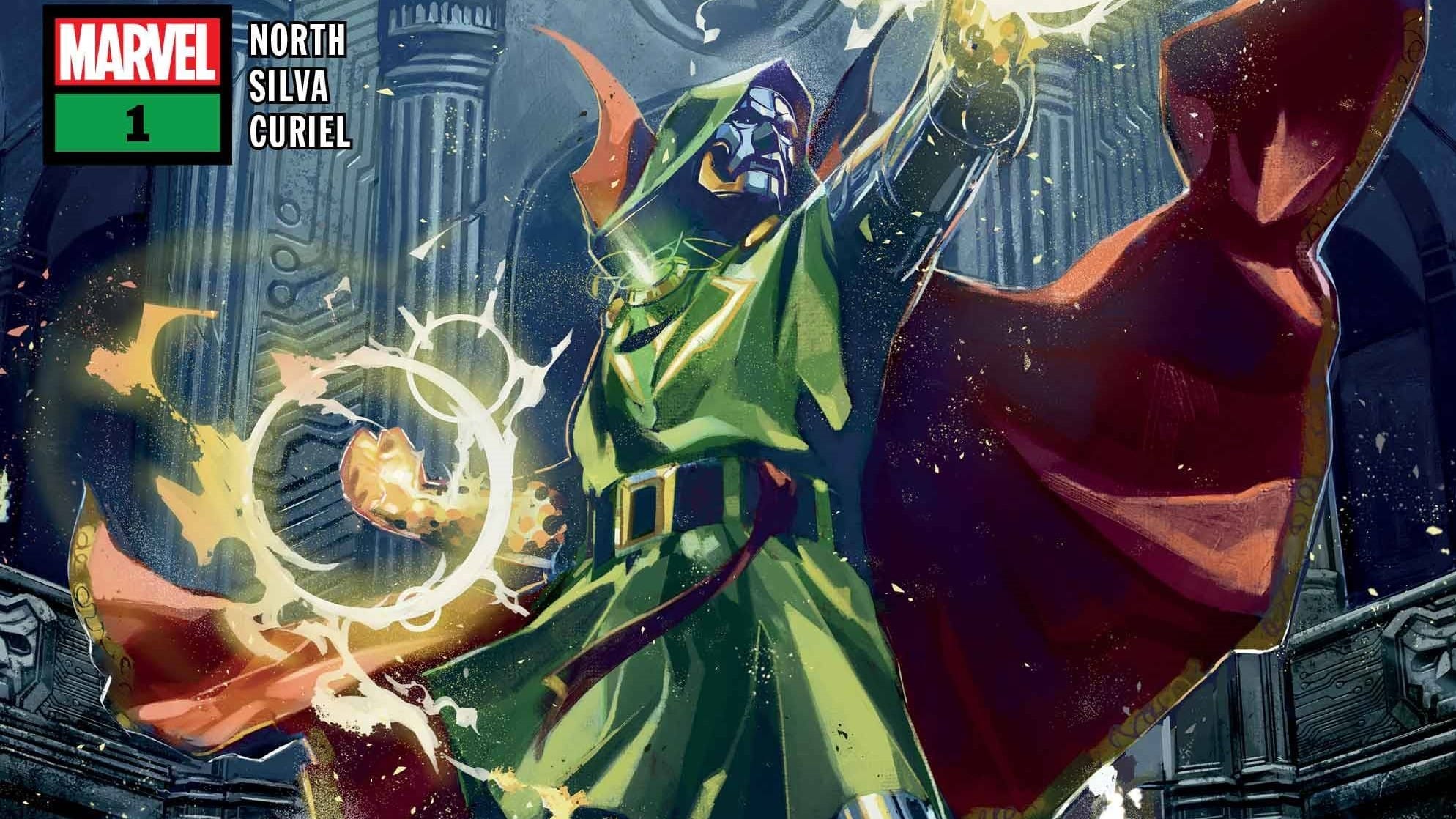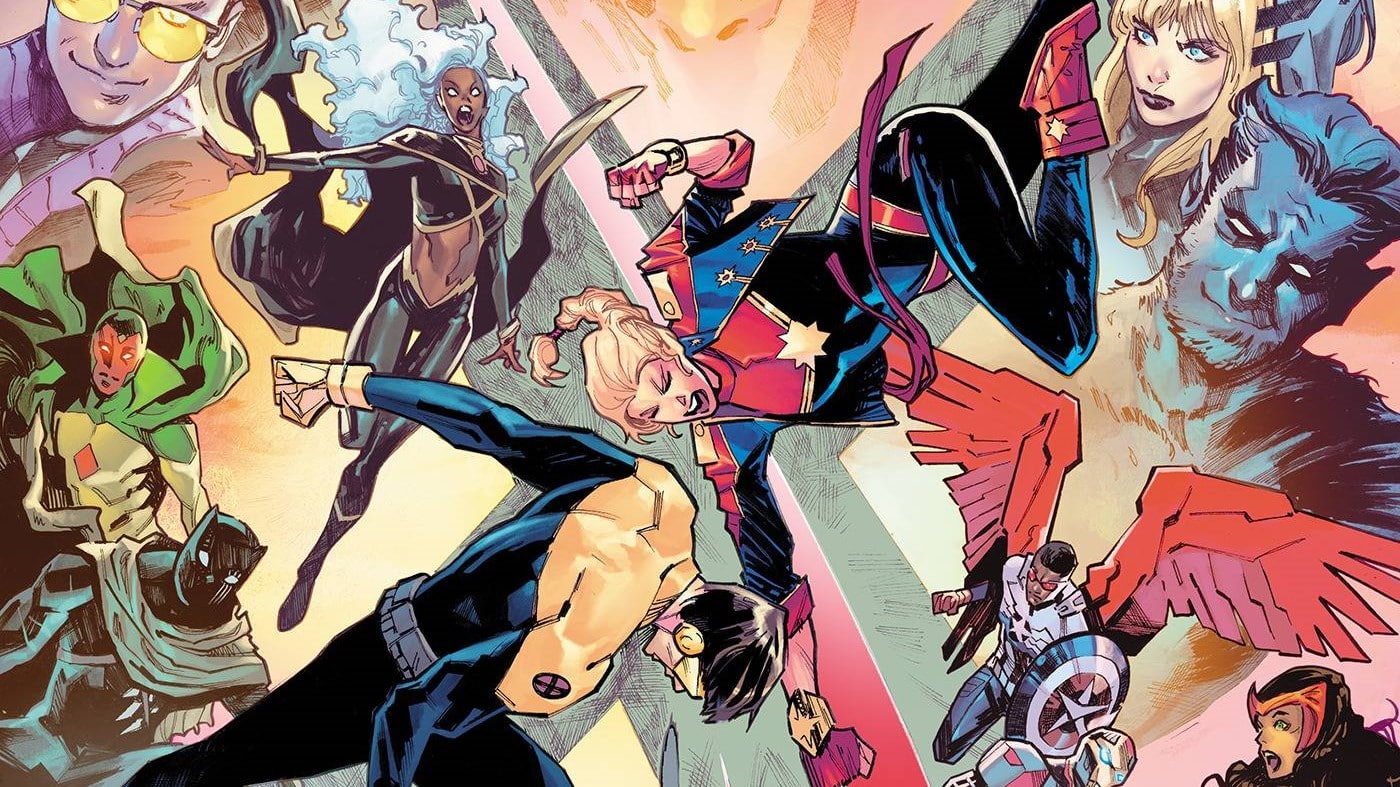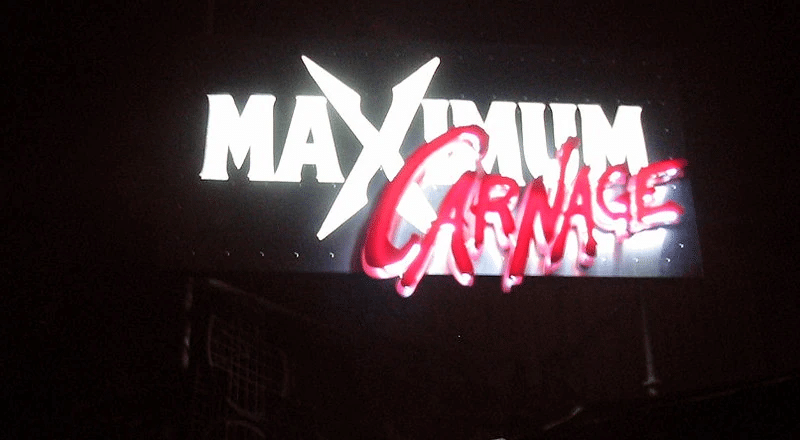Hello friends and readers! Another week, another batch of Marvel titles to dig into! This week, Jude Jones hits up Captain America #24, our fearless leader brings us the skinny on Avengers #37, and Spider-Correspondent Tony Thornley anniversaries (it’s a word, right?) with Amazing Spider-Man #50!
Captain America #24
Though uneven, Captain America #24, like much of Coates’ run, is thought provoking and rewarding in theory if not in execution.
We see Sharon Carter, Cap’s erstwhile girlfriend who began the saga as a woman robbed of her youth and part of her soul by the (clearly very busy) mutant External Selene, reclaim not only what was lost to her, but memories of all others Selene took life from. We see an increasingly erratic and paranoid Aleksander Lukin, the former KGB agent cum business executive cum criminal mastermind, finally realize the Red Skull is more than a memory – it is still a part of him that continually needs to feed on vengeance and hatred.
We see you cannot run from who you are, for better and for worse.
The idea of memory as tangible gift, often lost or stolen but always recoverable, is a common refrain of Coates’ work in both Black Panther and his first fiction/fantasy novel, “The Water Dancer.” Here, as in those works, the return of memory allows for the protagonist (and antagonist) to exceed their normal abilities into the realm of the supernatural.
The connection to a history strengthens us, as Sharon is strengthened by the memories of those she seeks to avenge. Is it ageist and sexist that Sharon’s vitality (and apparently sex life) only returned with her youth? Absolutely. Is it a surprise? Absolutely not. But at least she has one more experience to share with Steve Rogers.
I find the curious case of Aleksander Lukin similarly intriguing, if muddled in execution. Aleksander assumed his dalliance with the red-hued skeleton was done once he died. The arrogance of privilege: thinking your past can be left behind with no cost or retribution, even in death. Aleksander now realizes his wife, Alexa, with whom he shares a meal (and the death of a maid) with, brought him back from the dead at the cost of his personhood: For Aleksander, evil as he was, had codes and morals – codes and morals which still need to be broken. Evil does not exist well in nuance, and nothing about the Red Skull is nuanced. Memory, then, is not simply something that *can* be found; it is something that *must* be found, and something we will, eventually, come to terms with.
For better or worse, whether we want to or not.
We end the issue #24 with the full acknowledgement that the pastiche of Nazism is on the return, and can only be stopped from a newly insurgent, yet morally and physically weakened group of Americans. Sound familiar?
As with comics, so goes the country. Hopefully the next issue of both the comic and our country will use memory to the benefit of our protagonists; hopefully the execution will be better in practice than it is in theory, finally.
But I won’t hold my breath.
TL;DR: Ok issue. Intriguing ideas. Nazis bad. Please vote.
Avengers #37
At its best, a fight comic is a chance for a writer, having set the emotional stakes ahead of time, to get out of the way of their artist. It can be a showcase for dynamic panels and cathartic action that becomes resonant as part of the catharsis for the story. Javier Garrón is no slouch when it comes to drawing action. Opening with back-to-back double page explosions, he sets a high bar for what we are about to witness. But like a boxer overcommitting before his opponent’s guard is down, Avengers #37 can’t land the haymaker. It didn’t do the work.
This is the end of “The Age of Khonshu”, an arc where Moon Knight steals all the Avengers powers so he can fight the devil but then also he’s the new host of the Phoenix for reasons writer Jason Aaron isn’t interested in getting into. After being unable to land a hit on him, the Avengers suddenly win because we’ve gotta wrap this up for the trade. New York is no longer an Egyptian wonderland, Moon Knight is back to hating Khonshu, the Avengers haven’t done anything of note. It’s Aaron playing with big concepts without remembering that “big” is relative. Gods punching gods looks the same as men punching men.
There’s enough dumb/fun comics DNA in this story. Garrón draws a mean page and you can tell his characters are feeling something. Too bad Aaron can’t make his readers feel more than a shrug.
Amazing Spider-Man #50
Look, Amazing Spider-Man #49/#850 was extremely bad. Like, why ruin a perfectly good issue of Spider-Man, probably the best since this run began, to make reference to the Worst Ever Spider-Man story of all time, thereby unseating said Worst Ever and becoming the new Worst Ever? So all Nick Spencer had to do was get this one over the plate to be better. And… well… at least the art is pretty.
This isn’t a completely terrible issue. There are some positives. Every time Peter is on the page, the story shines. His narration is pitch perfect, and “Spider-Man against all odds” stories seldom disappoint. Gleason and Delgado are a great art duo, with Delgado’s colors creating such a moody feel over Gleason’s hyperkinetic art.
However, the Kindred stuff, including the sudden resolution to the Sin-Eater story and Osborn’s panic, just falls flat. The narration is overwrought and melodramatic. There doesn’t appear to be any point to his plan besides SUFFERING. And worst of all, the revelation of his identity (though completely obvious at this point) makes absolutely no sense.
So… I guess the question is, when does this run end? Because we just can’t wait. Seriously, we can’t. Give us a new writer Marvel.
But hey, at least the art is good.









